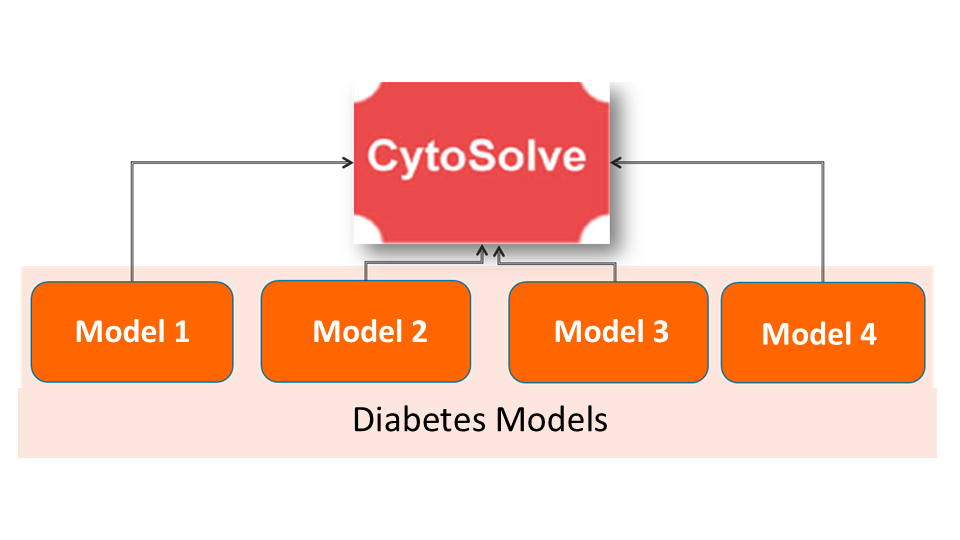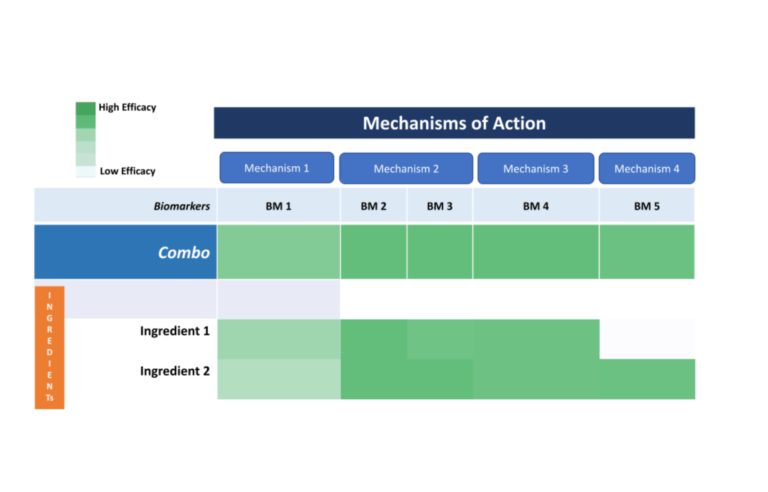Diabetes is a chronic metabolic disorder that affects how the body processes blood sugar (glucose).
Diabetes is a chronic metabolic disorder that affects how the body processes blood sugar (glucose). It occurs when the pancreas does not produce enough insulin or when the body cannot effectively use the insulin it produces. Insulin is a hormone responsible for regulating blood sugar levels, ensuring cells receive the energy they need. There are three main types of diabetes: Type 1, Type 2, and Gestational Diabetes. Type 1 diabetes is an autoimmune condition where the body’s immune system attacks insulin-producing cells. It typically develops in childhood or adolescence and requires lifelong insulin therapy. Type 2 diabetes is the most common form and is largely influenced by lifestyle factors such as poor diet, lack of exercise, and obesity. It can often be managed through diet, exercise, and medication. Gestational diabetes occurs during pregnancy and increases the risk of developing Type 2 diabetes later in life. Common symptoms include frequent urination, excessive thirst, unexplained weight loss, fatigue, and slow wound healing. If left untreated, diabetes can lead to severe complications such as heart disease, kidney failure, nerve damage, and vision loss. Managing diabetes involves a balanced diet, regular exercise, medication or insulin therapy, and routine blood sugar monitoring. Herbal and nutraceutical solutions are also gaining attention for their potential in blood sugar regulation. Early diagnosis and proper management can help individuals lead a healthy life despite having diabetes.
The Systems Architecture of Diabetes is published as a web based tool open to public . Click below to interact with the Systems Architecture
A peer-reviewed publication resulting from the Diabetes Research Initiative will be published for the benefit of community. This is yet to begin.
In this phase, the Diabetes initiative will conduct in silico modeling to identify and test the efficacy of natural compounds against the Diabetes diseases such as insulin resistance, Hyperglycemia and insulin sensitivity.

In this phase, combination screening will be performed to identify potential ingredient/compounds that target the biological process implicated in Diabetes pathogenesis. This phase is yet to begin

The Open Science Institute® through its Diabetes Initiative is moving towards getting patents for a revolutionary molecule that effectively combats diabetes, contributing breakthrough real solutions to society worldwide.
The Diabetes Initiative plans to discover, develop, license and manufacture proprietary nutraceuticals to support treatment of Diabetes. Support our mission to bring this innovation to those who need it most. Please support this phase by donating to the Diabetes Initiative

